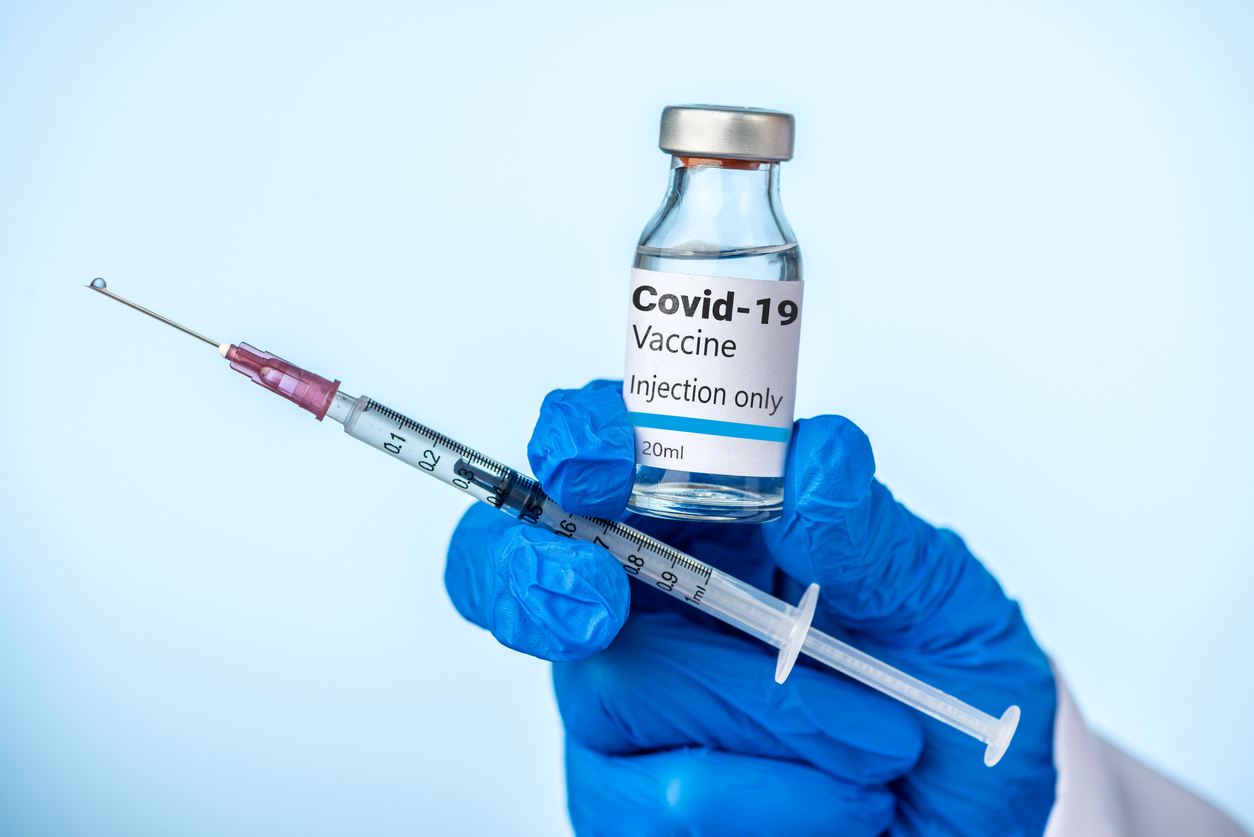Mass vaccinations which need to be carried out to decrease the impact that Covid-19 has on Europe will confront health systems and healthcare professionals with new challenges, the European Association of Hospital Pharmacists (EAHP) said recently.
The transport and storage conditions of the different vaccines in the development pipeline differ greatly, with some requiring low temperatures between 2 to 8 degrees Celsius, while others need to be kept at minus 20 or even minus 70 degrees Celsius. Not all hospital pharmacies, especially those operating in small hospitals, are equipped with cooling facilities that can meet the conditions needed for some of the vaccines in development. But even those that have these facilities might not be able to cope with the storage quantities needed to support mass vaccination of the population against Covid-19, said the Association.
“For EAHP and its members, it is consequently of uttermost importance that national vaccination programmes take into account the local storage conditions to ensure a smooth roll-out of the vaccination activities across the healthcare sector,” said the EAHP in a statement.
“These considerations should not only focus on the transport of the vaccines and the storage facilities in hospitals and hospital pharmacies, but also look at the conditions at other points of distribution that are tasked with providing Covid-19 vaccinations, such as vaccination centres and healthcare professionals in the communities. Furthermore, information on the preparation and the stability of the product in accordance with temperature should be provided to all healthcare professionals handling the vaccines.”
The Association pointed out that at the point of administration, there will need to be good logistics in place for both goods and persons receiving the vaccine. Some of the vaccines in the approval process require the administration of an additional dose and the timing between doses can vary per vaccine.
“Using a consistent interval for all two-dose vaccines simplifies the messaging to the public and arrangements within distribution points where alternative vaccines may be supplied at short notice,” it stated. “Citizens should be advised to visit the same vaccination centre for receiving additional doses of a vaccine. Since different vaccines are being approved, healthcare professionals that administer the vaccine should ensure that sufficient stock of a specific type of vaccine is kept to guarantee that the first and the second dose for each individual that receives the vaccine comes from the same manufacturer.”
Equally important to providing advice to citizens and establishing adequate logistic processes is the record-keeping, it added. To track which person receives which vaccine and which dose of the vaccine, the setting up and utilisation of a database “will be essential”.
“Such a database, which should be linked to existing systems, is important for monitoring pharmacovigilance and adherence, as well as for other purposes, such as batch level registration for side-effects monitoring and recalls. Data collected via such a database could also be useful for much-needed research purposes. To facilitate this process, the use of scannable codes on the primary packaging is indispensable. Vaccination records should be an integral part of the medication record, so they can be used throughout the healthcare system.”
The Association has called on European and national authorities to ensure the inclusion of scannable codes on the primary packaging of Covid-19 vaccines to support the vaccination process and the pharmacovigilance activities of hospital pharmacists.
The EAHP has compiled information about Covid-19 vaccines and vaccination in its Covid-19 Resource Centre, available at: www.eahp.eu/hp-practice/hospital-pharmacy/eahp-covid-19-resource-centre.







